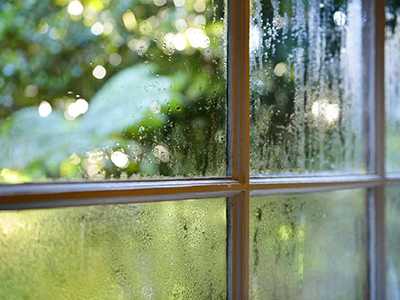
Optimal Humidity Level In Winter
It is ungrateful to give a final answer to this topic because optimal indoor humidity depends on the temperature, both inside and outside your home. Relative humidity is the percentage of water vapor that’s in the air at a particular temperature.
To avoid the consequences of dry air, it’s crucial to keep your home’s indoor relative humidity level between 30 and 50%. That is important because the level of humidity in your home can impact your overall health and comfort. It can also affect the cost of heating or cooling your home.
How Does Humidity Affect Our Health?
If humidity levels in your home are too high, you are at risk of a bacteria increase, stuffy air and hard breathing, and overall discomfort. On the other hand, if humidity levels are too low, you are at risk of dry and itchy skin problems and catching a cold or infection.
There are many different ways to humidify the air in your home. You can use a single room humidifier or install a home humidifier connected directly to your HVAC system. We also recommend a more accurate digital thermostat with humidity control to automate the process and keep your system on point!
If you still have some doubts, feel free to contact us!

